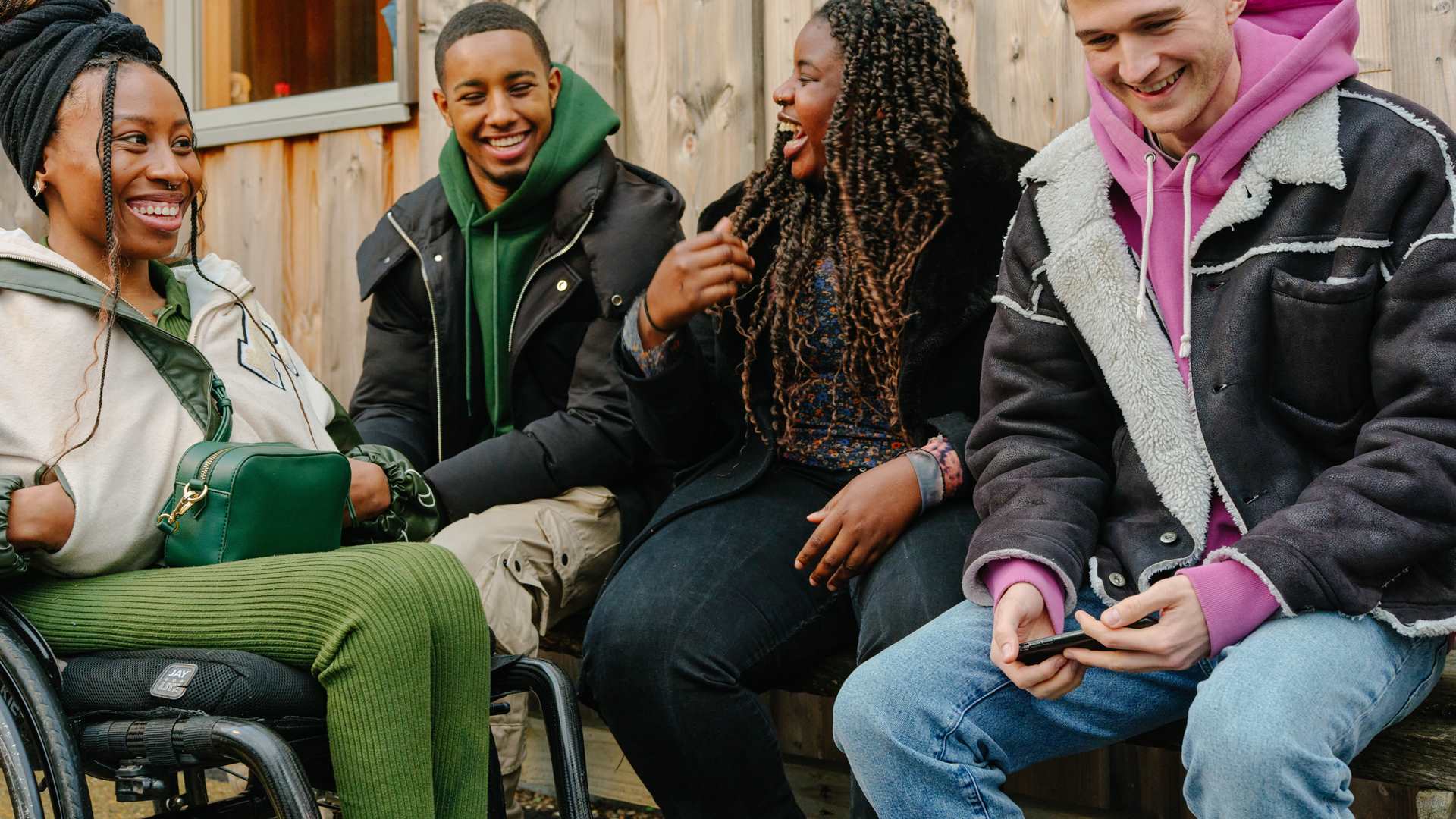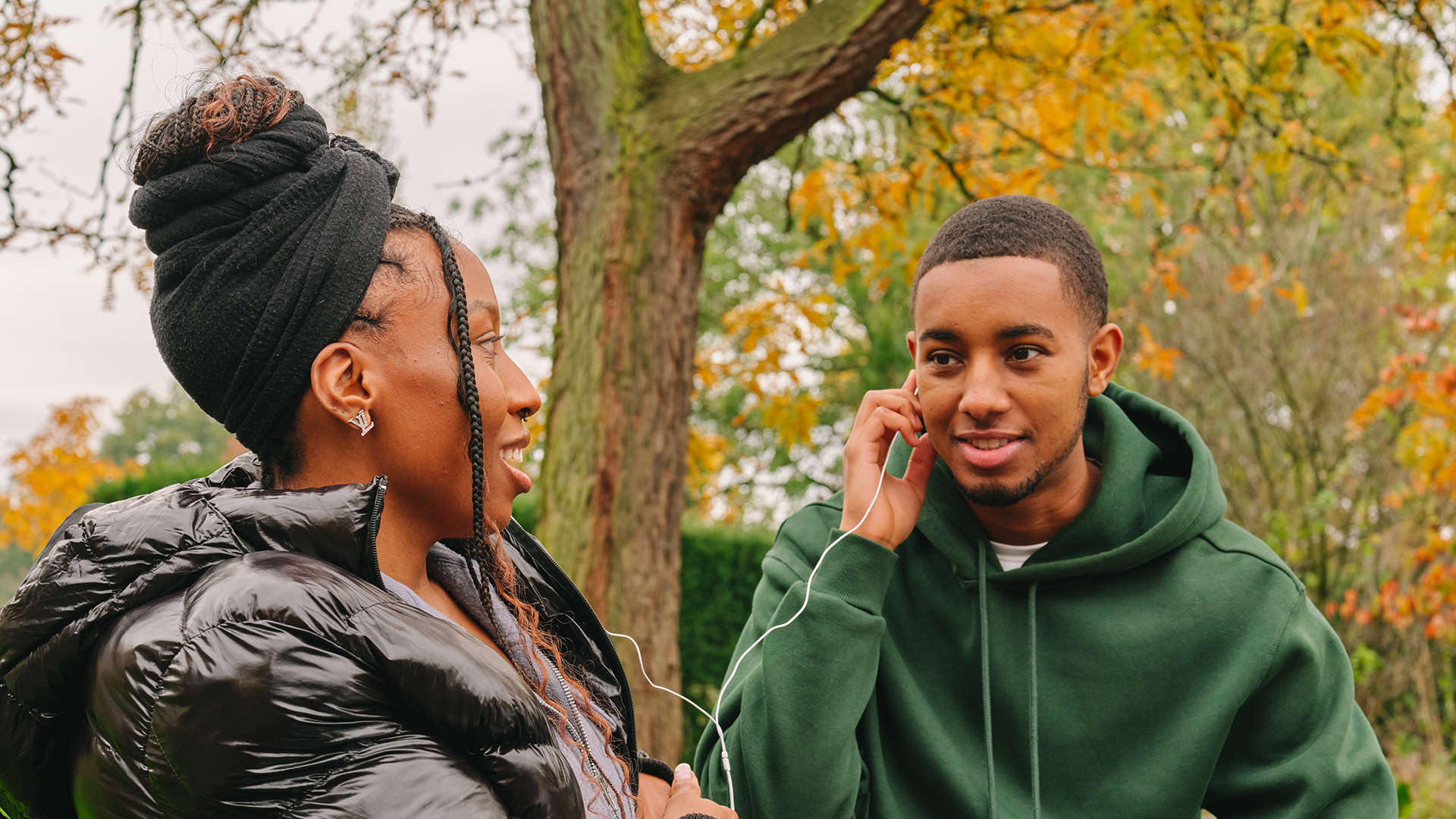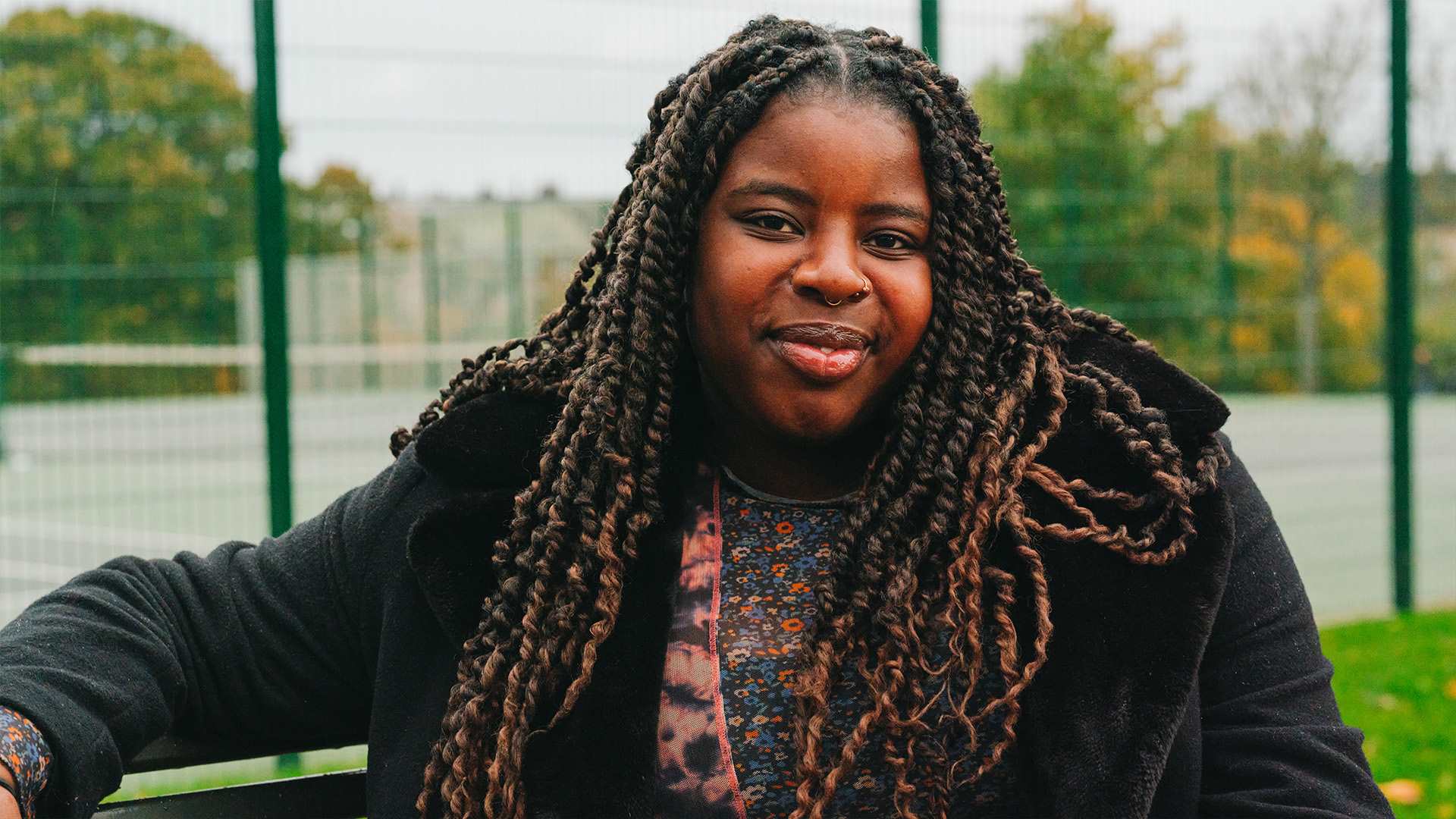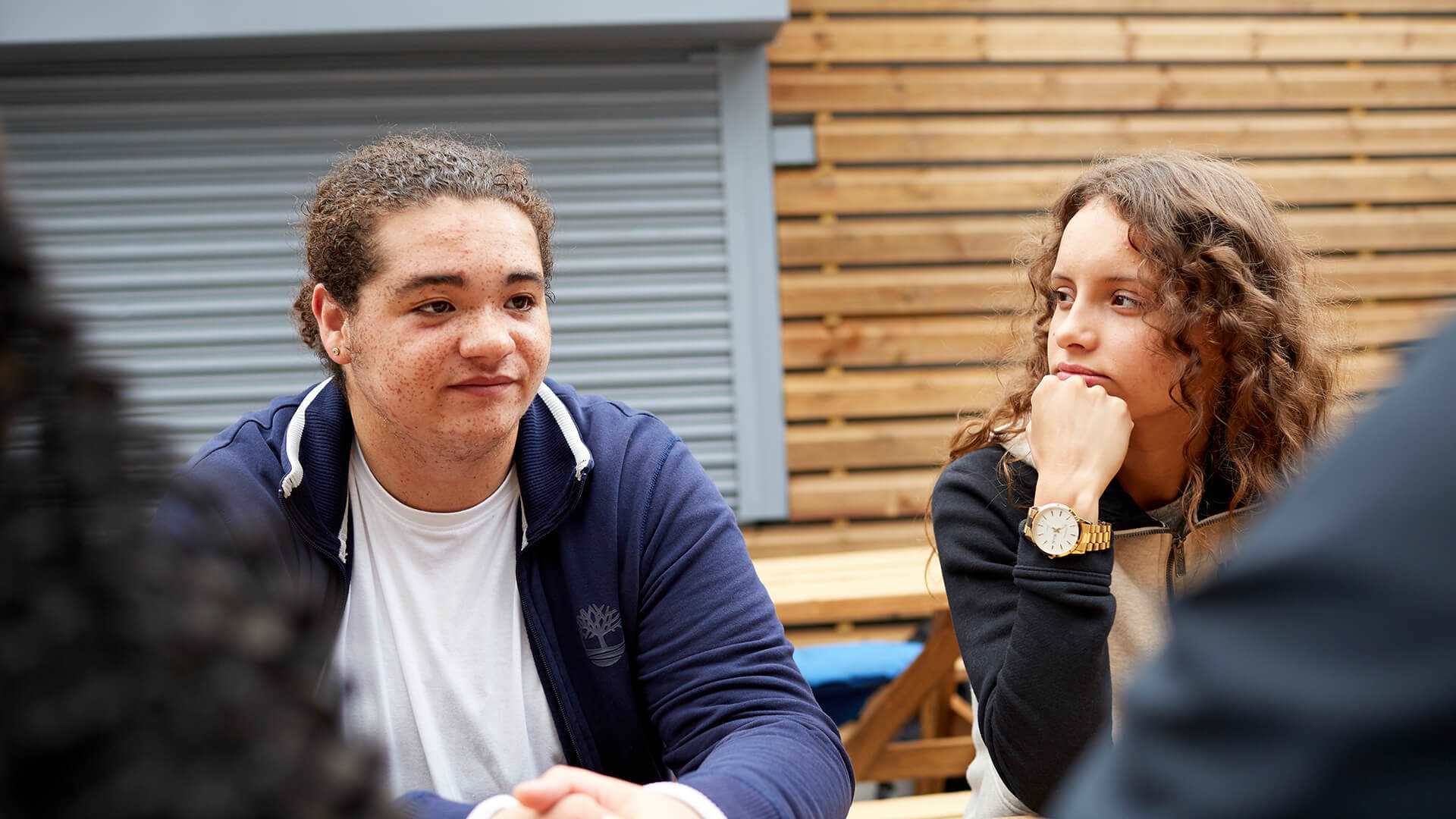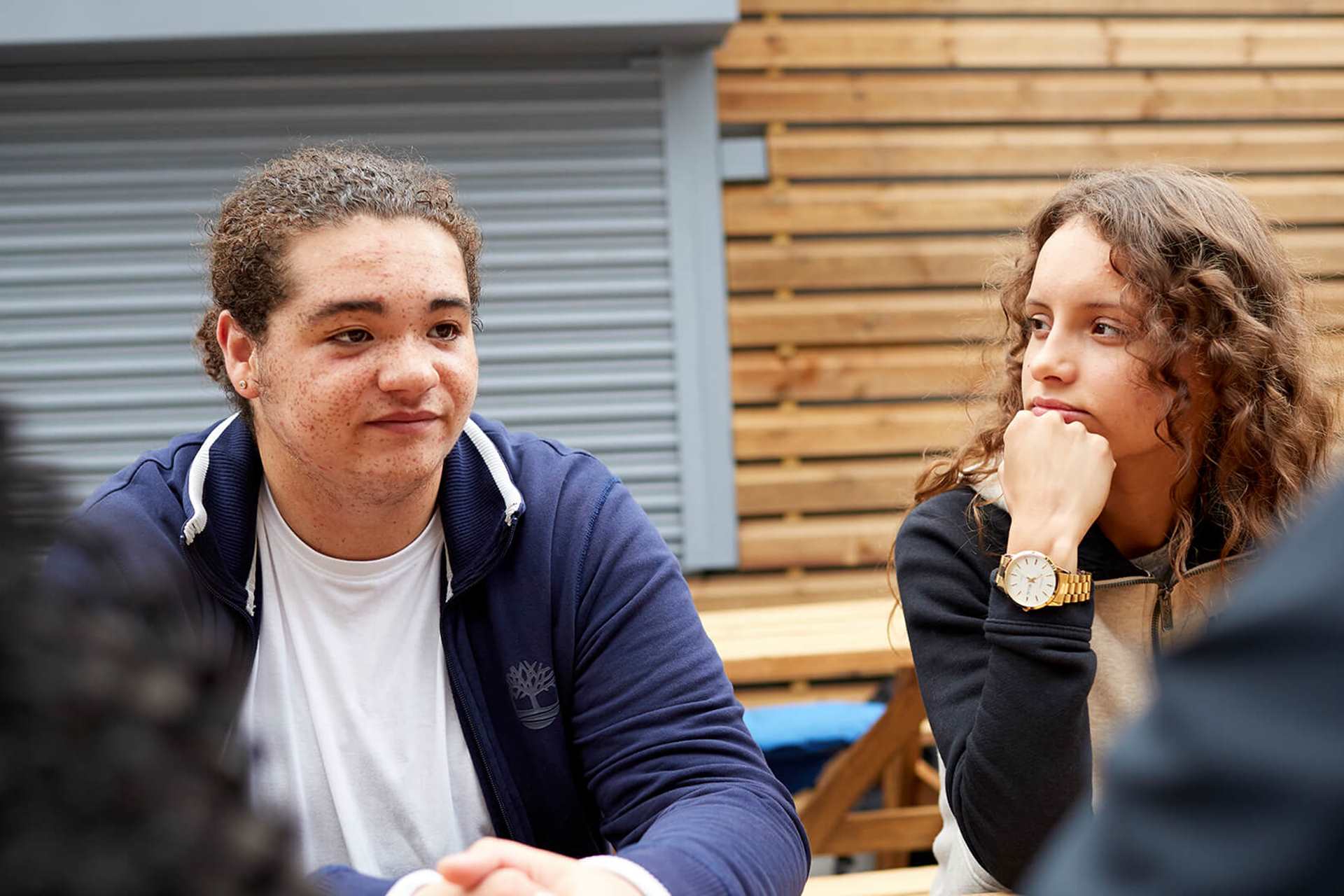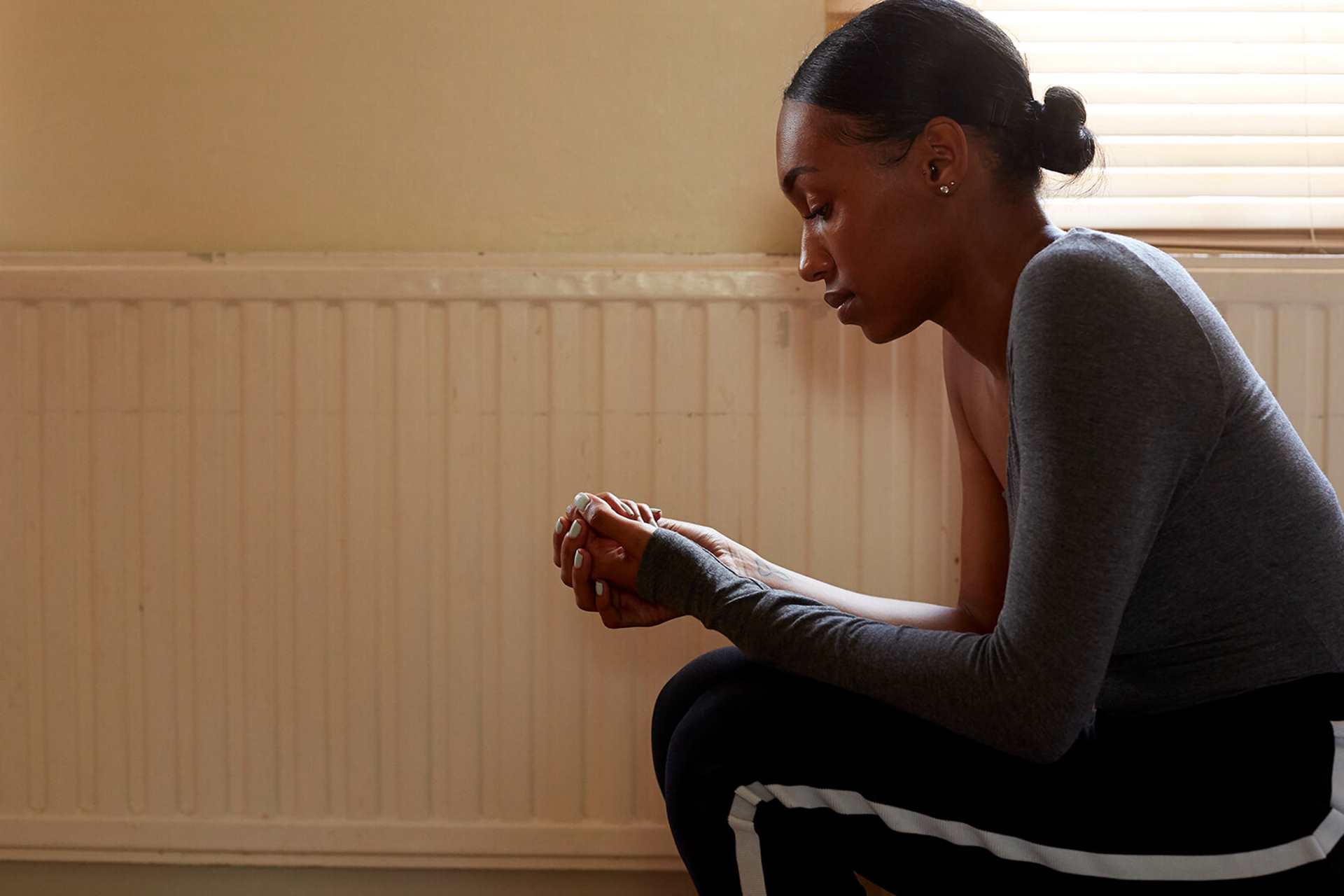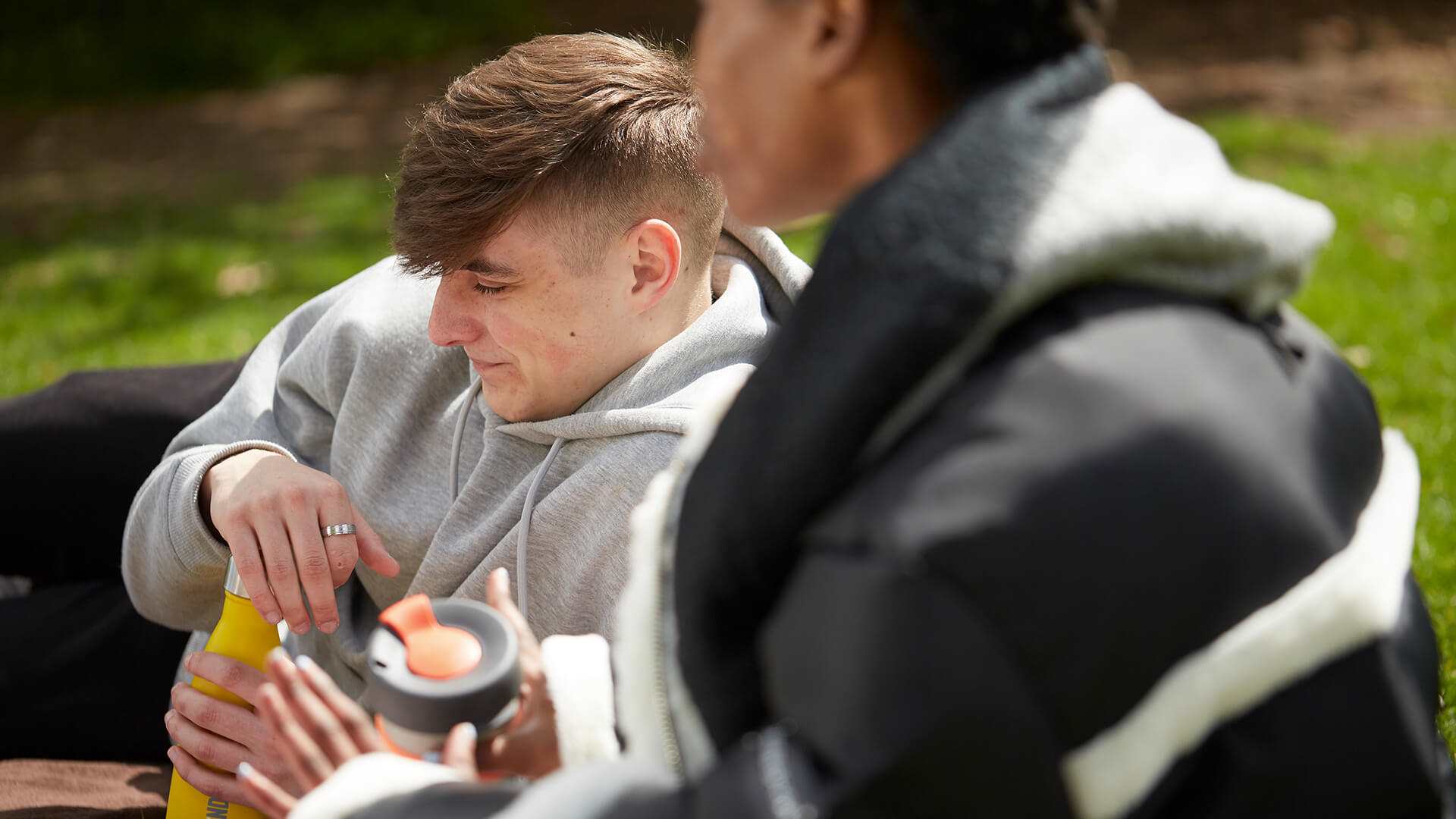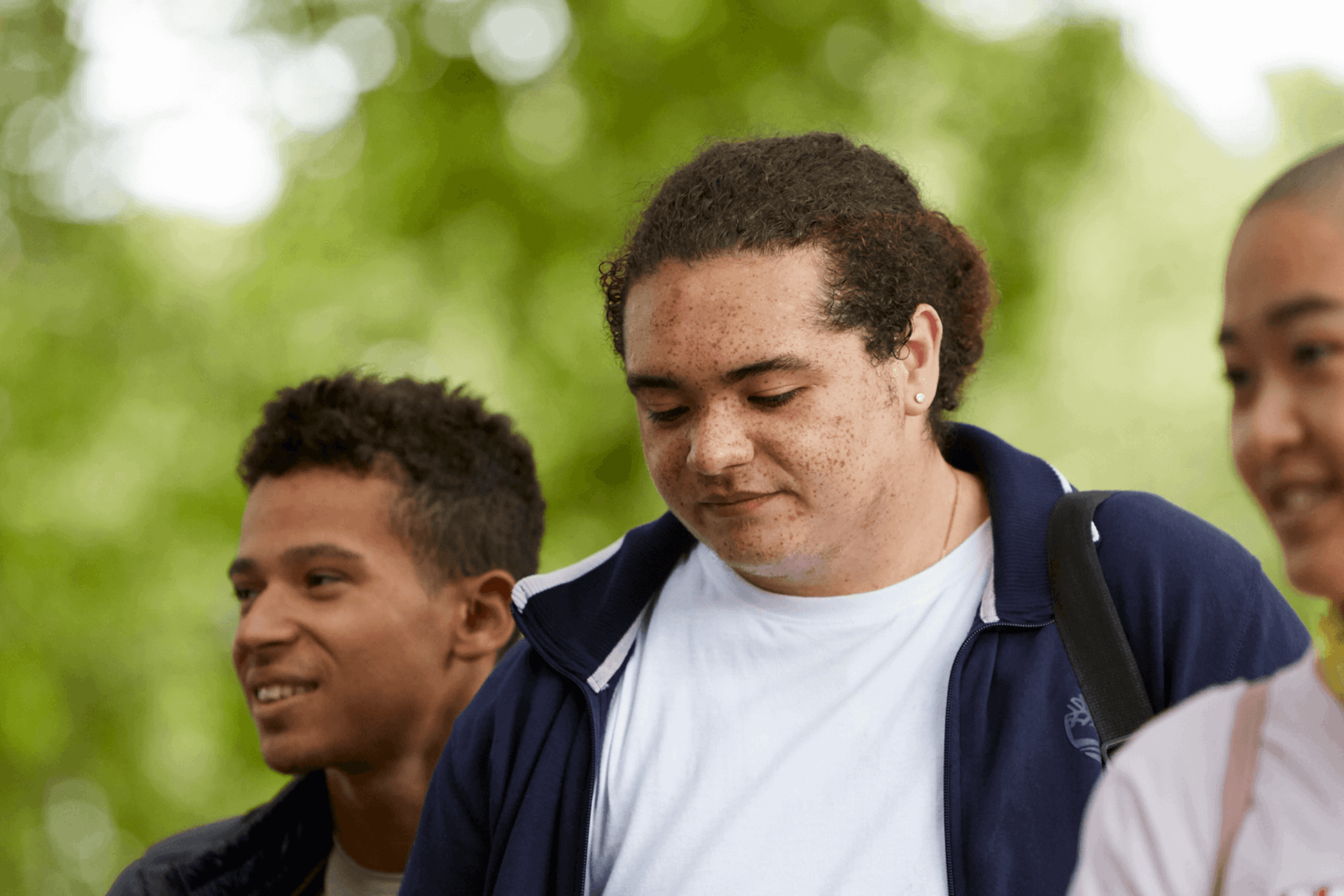Eating problems can affect anyone, whatever your background or culture. But the way we think about food, body image and mental health can be shaped by our families, faith, and community. And that can affect how we experience an eating problem.
In some cultures, food is an important part of family life and connection. If you start avoiding meals or eating differently, it might feel like you’re going against your culture or letting people down. In others, there can be pressure to look a certain way, or to stay silent about mental health struggles.
You might also face barriers to getting help, like worrying that professionals won’t understand your background or that people in your community won’t take you seriously. Everyone deserves support. Eating problems are real mental health conditions and getting help early can make a big difference.
